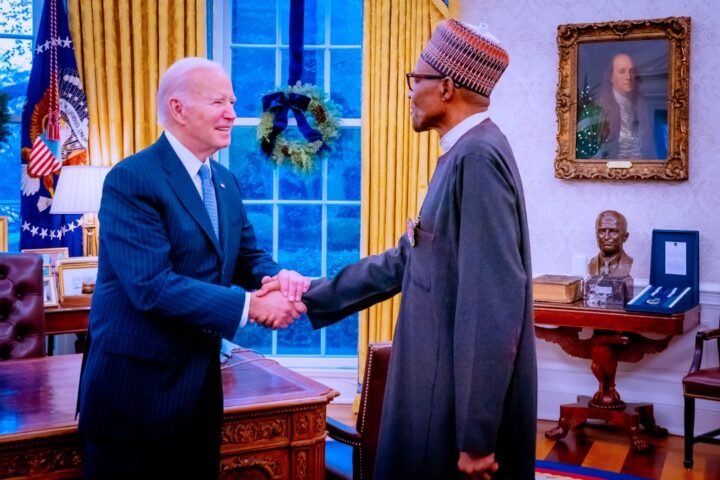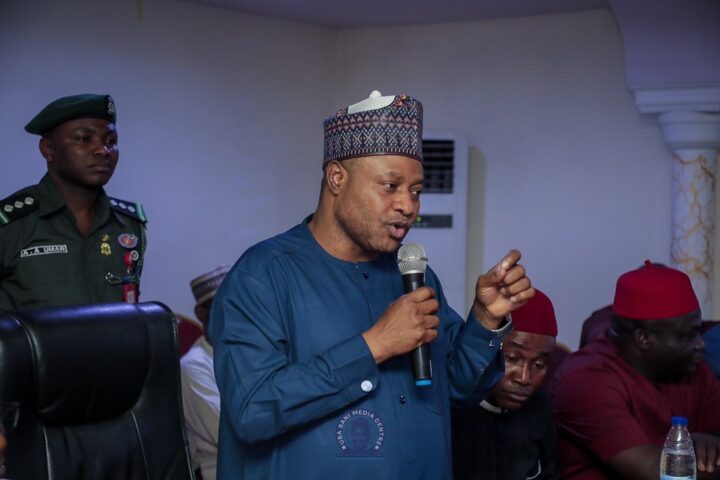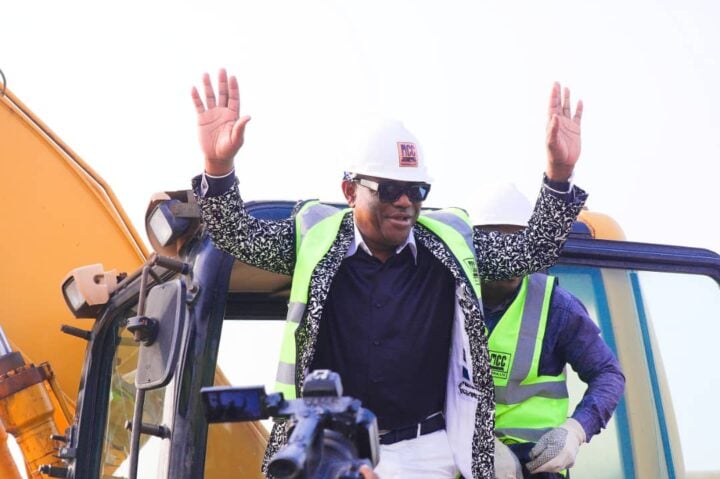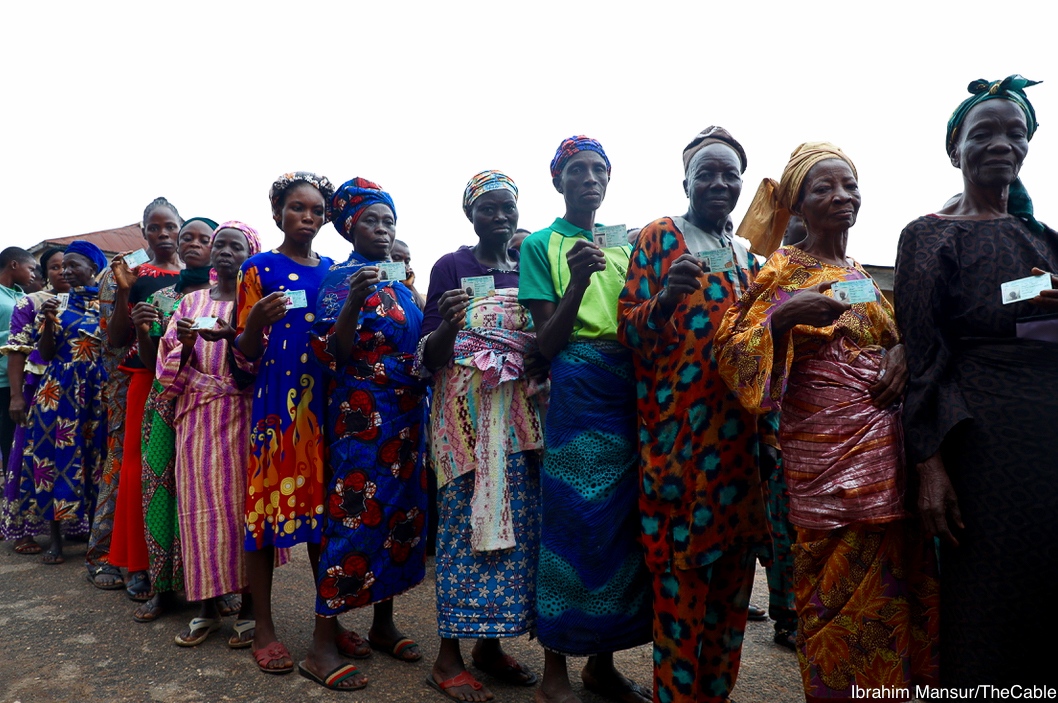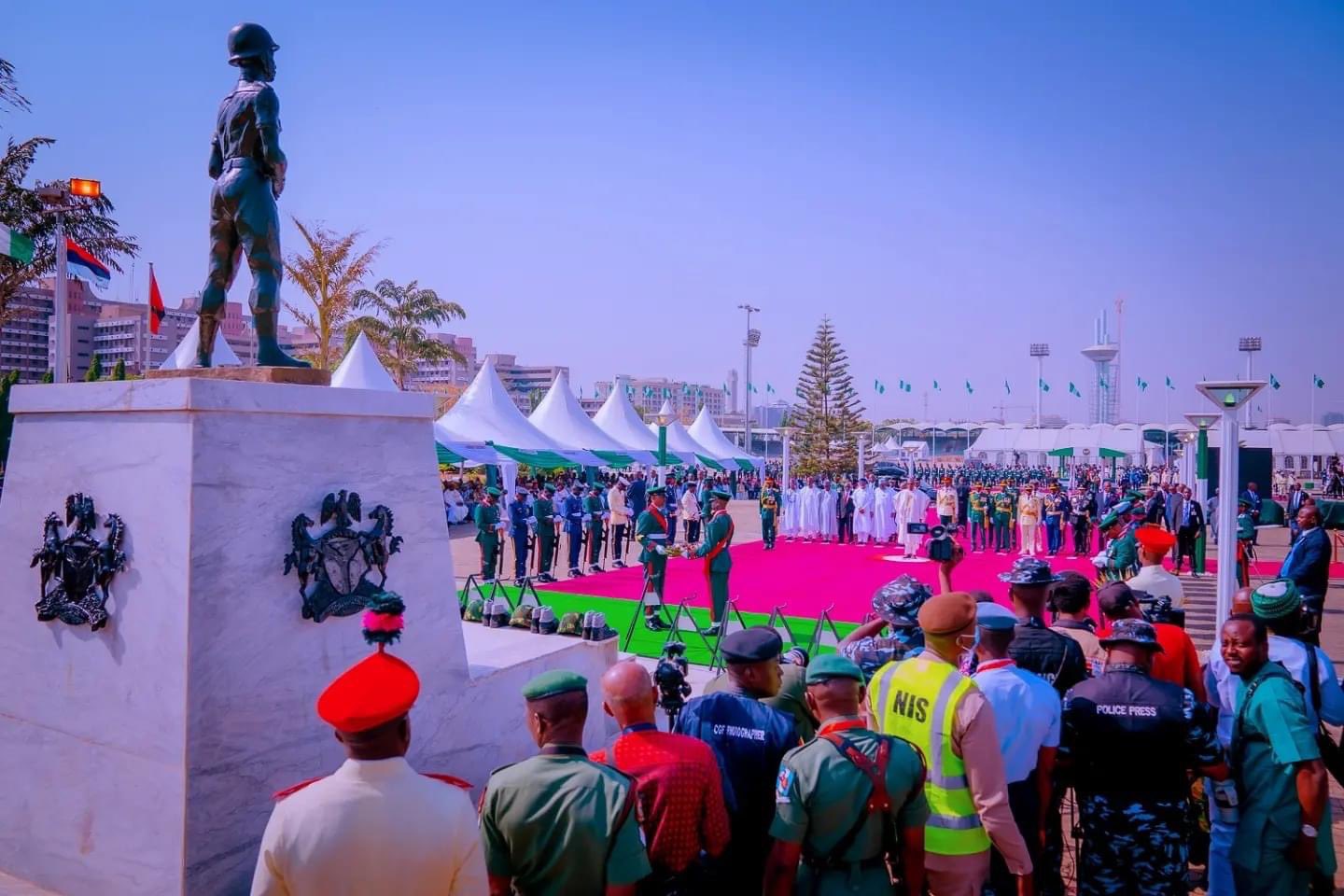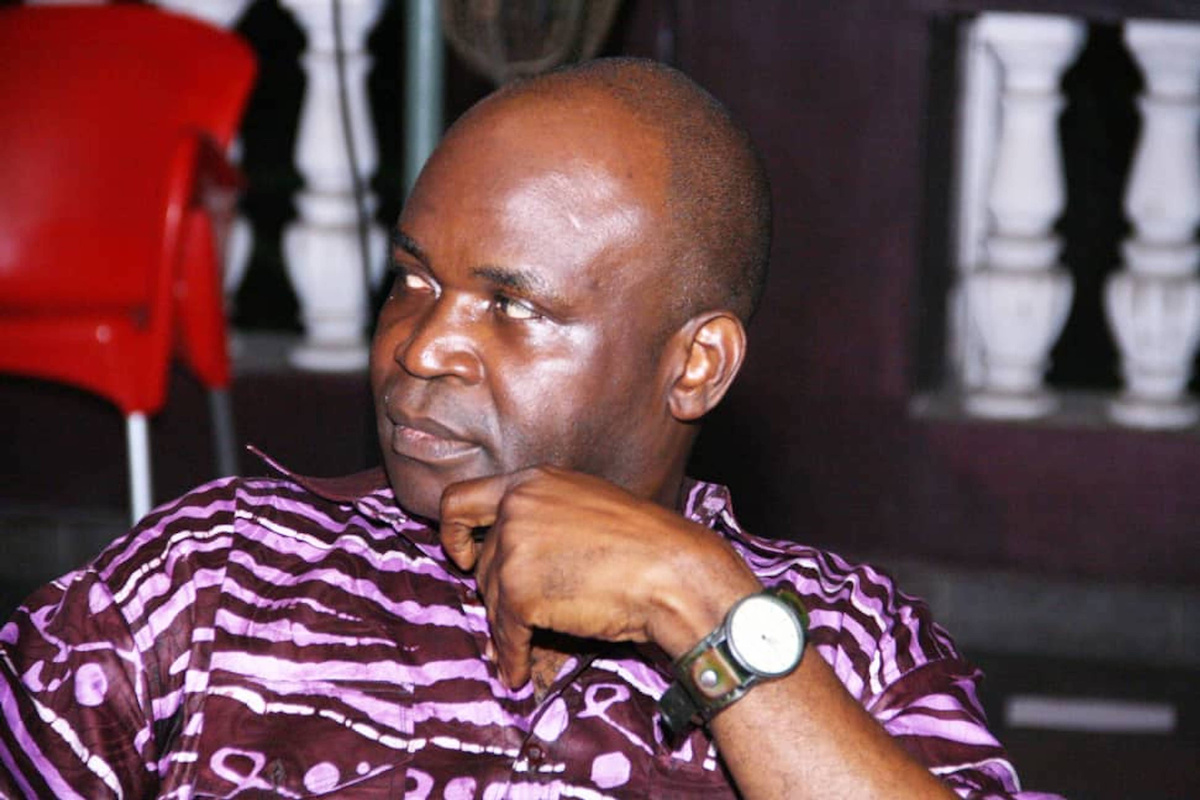“He who pays the piper calls the tune”. From a foreign policy perspective, this 17th-century quote in reference to the legend of the Pied Piper of Hamelin can be somewhat interpreted to mean that countries of the world pay close attention to the foreign policies and strategies of world powers, especially those countries with larger economies, security presence and diplomatic presence that influence major international outcomes. The United States of America (US), as the largest economy in the world, has the largest military presence across the globe and is a major influencer of global economic, political and social events. In August 2022, the US government published the ‘U.S. Strategy Towards Sub-Saharan Africa’, which explains its strategy for African countries, south of the Sahara, for the next five years.
Conventional diplomacy and effective foreign policy management will require the countries affected by the US strategy for Africa to develop and plan their foreign policy strategies which ensure that their countries and people are not taken unaware by such foreign strategies. As the popular saying goes, “if you fail to plan, you plan to fail”. A cursory evaluation of Nigeria’s official foreign policy space shows that there is yet to be a comprehensive foreign policy response from Africa’s largest economy and most populous country. The US in contrast has organised the second US-Africa Leaders Summit in December 2022, just four months after the publication of its strategy towards Sub-Saharan Africa. The summit sought, among other things, to contain the rising influence of China and Russia in the continent and harness the opportunities from the African Continental Free Trade Agreement (AfCFTA), which will be the fifth-largest economy in the world upon full implementation, as contained in the strategy document.
As the pressures of Nigeria’s general elections in February and March of 2023 suggest that there may be no official response to the US Africa strategy by the Nigerian government, it becomes necessary to raise awareness and appropriate to ask — What should be Nigeria’s foreign policy response to the ‘US Strategy Towards Sub-Saharan Africa’?
In answering this, it is important to stress that foreign policy response from Nigeria does not connote confrontation, but, rather, strategic approaches to ensure that the US strategy is beneficial to, and implemented in a way that supports Nigeria’s interests, as has been the aspiration since both countries established formal diplomatic relations on October 1, 1960, when the Nigerian embassy in Washington was opened and the United States embassy in Lagos was established. Appropriate foreign policy response will also require an understanding of what the US-Africa strategy entails.
Advertisement
What then does the ‘US Strategy Towards Sub-Saharan Africa’ entail? The US-Africa strategy is driven by four main objectives which are; to foster openness and open societies; to deliver democratic and security dividends; to advance pandemic recovery and economic opportunity; and to support conservation, climate adaptation and a just energy transition. With the understanding of the synopsis of the US-Africa Strategy, an attempt will now be made to develop beneficial responsive propositions for Nigeria, which can form part of the official foreign policy response to the US Strategy for Africa.
On the objective to foster openness and open societies, increased collaboration should be sought by the Nigerian government with the US government for a more preventive approach to resolving the challenge of illicit financial flow from Nigeria, estimated at $18 billion annually (about 50% of the 2022 federal budget). This increased collaboration should make it more difficult or nearly impossible for illicit funds to be lodged in US banks or pass through the US financial and affiliate system. Transparency promotion should be characterised by an increased and efficient investigation of illicit funds from Nigeria in US banks for speedy repatriation to Nigeria. Attaining these anti-corruption objectives will also align with the first-ever US Strategy on Countering Corruption. There should also be more collaborative training for anti-corruption agencies such as the Nigeria Police Force (NPF), Economic and Financial Crimes Commission (EFCC), Independent Corrupt Practices Commission (ICPC) and the Code of Conduct Bureau (CCB). The fostering of openness can do with more mining management collaboration which enables Nigeria to access the necessary support to be provided for transparent exploration and management of energy and mineral resources, which will support the economic diversification objectives of the government.
To deliver democratic and security dividends, the Nigerian government may have to explore support options with the US government and tech companies, especially technology sharing, that should make the cost of organising and managing elections more affordable. Also, security dividends can be better derived with increased funding and military aid to fight insurgency and terrorism, as well as counterterrorism training for Nigerian security agencies, so that the Nigerian government has more funds for human development. This should be accompanied by increased intelligence sharing with Nigerian security agencies for more preventive counterterrorism operations and tracking of terrorism financing. As the Russia-Ukraine conflict shows, there is a need for defence technology sharing if US allies are going to be able to withstand the military threats they face. Nigeria has been fighting Boko Haram and Islamic State West Africa Province (ISWAP) militant groups for years without comprehensive success. These groups have also targeted Western interests, leading to the evacuation of significant US Embassy Staff from Nigeria in 2022. Greater security dividends can therefore be derived through military technology sharing in a manner that allows for the production of some military assets in Nigeria, to support US defence efforts in West Africa and optimisation of the United States Africa Command (U.S. AFRICOM).
Advertisement
With the concern about the rising number of military coups especially in West Africa, there should be enhanced collaboration, technical and funding support by the US for the Economic Community of West African States (ECOWAS). This increased collaboration and support will enable the sub-regional body and its ECOWAS Standby Force (ESF) to better manage political and social events that are some of the causative factors responsible for the increased rate of military coups in the sub-region. Increased collaboration with the Lake Chad Basin Commission, which comprises the four countries most affected by Boko Haram militants should be promoted. That enables faster socio-economic recovery and reconstruction in the affected states for greater resilience. The economy of Nigeria has been declining in real terms in recent years, which has negatively affected its usual ability to provide peace and security in the sub-region in recent years. Therefore, more defence and democratic collaboration with the US is a positive policy move for both countries.
In the drive to advance pandemic recovery and economic opportunity, there should be pharmaceutical and medical collaboration between Nigerian and US companies, towards the speedy establishment of vaccine production in Nigeria. That way, there is increased resilience against existing diseases, and any possible pandemic in the future, as domestic production in Africa’s most populous country provides strategic pandemic management options. This collaboration should also extend to the Nigerian Centre for Disease Control (NCDC) and the US CDC for medical research cooperation, and strategic preparation for any possible future disease outbreak.
Economic opportunities in Nigeria will be enhanced with some form of debt relief and restructuring given that foreign debt has risen from $10 billion in 2015 to an all-time high of $40 billion in 2022, and debt service-to-revenue ratio of 83%, leaving the Nigerian government with little fiscal space. Also, there should be support for economic reforms and encouragement for US oil majors to establish refineries in Nigeria which will reduce the importation of petroleum products by Nigeria for fiscal stability and better macroeconomic management.
Drawing from this, democratic support should be extended to only leaders with economic competence, while positive consideration should be given to African Growth and Opportunity Act (AGOA). There should also be extended collaboration on quality control measures to reduce the high level of export rejected from Nigeria, alongside greater collaboration for AfCFTA. Nigeria’s huge infrastructure deficit can be reduced through the facilitation of more infrastructure projects for the country under partnerships such as the Partnership for Global Infrastructure and Investment (PGII), which the US and other G7 states have committed to mobilise $600 billion for, globally.
Advertisement
To be able to support conservation, climate adaptation, and a just energy transition, the Nigerian government has to explore technical collaboration and funding support from the US for the successful implementation of the Great Green Wall (GGW) in Nigeria and 21 African countries, as well as for the Nigeria National Forest Policy 2020, which is designed to increase forest cover in Nigeria from the present 6% to 25% by 2030. GGW aims to restore 100 million hectares of currently degraded land, sequester 250 million tons of carbon and create 10 million green jobs by 2030. These can be achieved in alliance with US initiatives such as the ‘US Plan to Conserve Global Forests: Critical Carbon Sinks’ and the President’s Emergency Plan for Adaptation and Resilience (PREPARE). That some G7 countries such as the United Kingdom (UK) have recently granted approval for coal mines due to high energy costs have raised concerns about just energy transition, given that such moves in coal-producing countries such as Nigeria do not get the required funding. There should therefore be enhanced funding for renewable energy in Nigeria, especially for solar, wind and other renewable/off-grid energy sources, as a way of improving the country’s energy mix.
Research collaboration and funding support should be encouraged for the proper implementation of Nigeria’s Climate Change Act 2021, and for activities of the new National Council on Climate Change for attainment which commenced work in 2022, and other relevant institutions such as the Centre for Climate Change & Development at the Alex Ekwueme Federal University Ndufu-Alike (CCCD-AEFUNAI), to meet the aspirations enshrined in the country’s nationally determined contributions (NDC).
Before conclusions can be drawn on propositions for Nigeria’s foreign policy response towards the US-Africa Strategy, there is a need for some interrogation of the section captioned “A 21st-century US-African partnership”, in the US Strategy for Africa document. The point on “Transcend Geographic Seams” requires quoting at length, given what it may mean for Nigeria and its concentric foreign policy interest and influence in Africa, which commences from the West African sub-region to the rest of Africa and the rest of the world. It reads: “We will facilitate and support new geographic groupings, deepen our engagement with multilateral institutions, including the AU and regional economic communities, and expand our foreign partnerships to advanced shared goals. We will integrate African states into Indian Ocean and Indo-Pacific forums; deepen cooperation with other coastal Atlantic countries across Africa, Europe, and the Western Hemisphere; and address the artificial bureaucratic division between north Africa and sub-Saharan Africa. Moreover, we will work with African, European, and multilateral institutions to review the current regional architecture, seizing opportunities to address redundancies and rationalize mandates, priorities, and funding”.
Nigeria has to ensure that the plan by the US to facilitate new geographic groupings and deepen engagement with regional economic communities (RECs) does not, in any way, reduce its influence in the West African sub-region, ECOWAS and African Union, or disrupt the current integrations policies and set-up of these African multilateral organisations. If the US has suggestions on how these agencies should be reformed, such ideas should be shared with Nigeria, Africa’s largest economy and most populous country, for collaborative reforms with symbiotic outcomes.
The proposed integration of African states in the Indian Ocean and Indo-Pacific forums should be done with Nigeria’s input, given the implications for South-South collaboration, Nigeria’s diaspora, and other foreign policy initiatives of Nigeria such as the Technical Aid Corps (TAC). With Nigeria’s input, the country is better prepared for the outcome of such integration efforts.
Advertisement
While the deepening of cooperation with coastal Atlantic countries across Africa that includes Nigeria can be taken as a positive, the desire by the US to address the artificial bureaucratic division that exists between North Africa and Sub-Saharan Africa requires better understanding. Given the Middle East and Arab League commitments in North African countries, the implications of what possible Arab League commitments could mean for North African countries in their relationship with Nigeria, should be better understood between Nigeria and the US. That way, the desired removal of artificial bureaucratic divisions can be done in a sustainable manner.
Also, the plans by the US government to work with African, European, and multilateral institutions in reviewing current regional architecture, as well as seizing opportunities for addressing redundancies and rationalising mandates, priorities, and funding should be better understood. The Nigerian government should request more clarity from the US government regarding what this plan means in detail and funding numbers so that the Nigerian government can be better informed and prepared in making its medium to long-term foreign policy plans.
Advertisement
As previously stated, Nigeria and the US have had formal diplomatic relations since 1960. Most parts of the bilateral relations have been cordial, except for periods of sanctions due to the activities of military regimes in Nigeria. As a responsive and responsible country, Nigeria is expected to have a coherent foreign policy response to the US Strategy Towards Sub-Saharan Africa, which is one of the main foreign policy briefs by the world’s largest economy and international relations participant. This piece has provided some propositions that can guide the current Nigerian government, as well as the new government that should assume office in May 2023 in strategically managing bilateral and multilateral relations with the US. Indeed, relations between the world’s largest economy and Africa’s largest economy, cannot be left to chance.
Uwanaka, a policy analyst, writes through [email protected]
Advertisement
Views expressed by contributors are strictly personal and not of TheCable.
Add a comment

